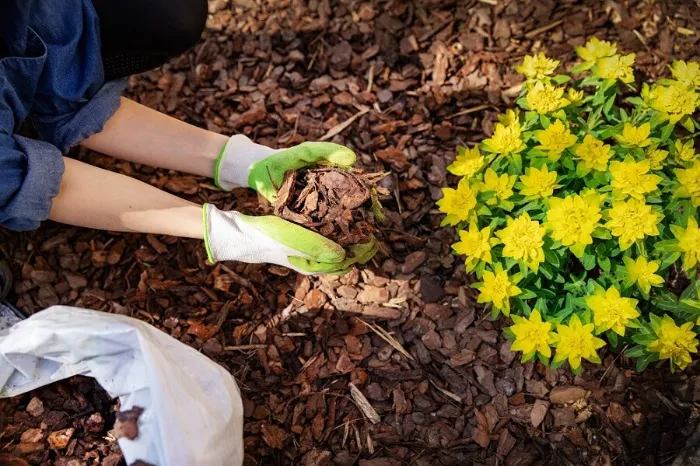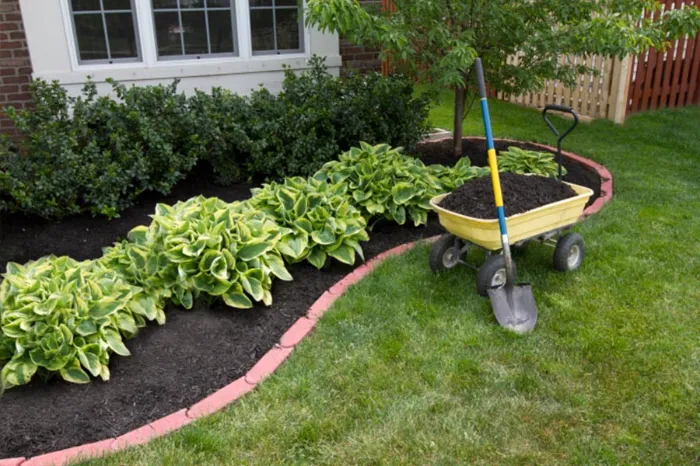What Does Mulch Do After a Calamity?
Revitalizing Gardens Post-Disaster: The Role of Mulch
When disaster strikes, be it in the form of floods, fires, or storms, landscapes and gardens suffer greatly. Amid such chaos, mulch becomes an unsung hero in the aftermath. What does mulch do? Mulch not only aids in restoring the garden’s aesthetic but also plays a crucial ecological role. It assists in soil stabilization, supports plant recovery, and provides protection against further erosive elements that may follow a severe weather event or calamity.

The Impact of Mulch
One of the immediate benefits of mulch after a disaster is moisture retention. The layer of mulch acts as an insulator, preserving soil moisture, which is extremely vital for plants experiencing stress due to abrupt environmental changes. Additionally, it helps moderate soil temperatures, protecting roots from extremes that can be caused by exposed, sun-baked earth or cold snaps following destructive weather patterns.
The Importance of Prompt Mulch
Another important aspect to consider is erosion control. Disasters can strip away topsoil and leave land vulnerable to further degradation. Mulching rapidly after such events can help anchor the soil and prevent erosion from winds or rains that often accompany natural disasters. It also improves soil structure and promotes the return of helpful microorganisms that may have been eradicated due to environmental shifts. Despite its numerous advantages in post-calamity scenarios, it’s important to apply mulch correctly. Too much can suffocate plants and too little may not provide the necessary coverage to protect against erosion and temperature fluctuation. Therefore, making informed decisions on mulch after a catastrophe is essential for effective landscape regeneration.
Selecting the Right Mulch for Recovery Efforts
In picking out mulches suitable for post-disaster landscapes, consideration must be given to longevity and functionality under specific conditions. Organic mulches like straw or bark might break down more quickly but offer quick relief for damaged soils by adding valuable nutrients during their decomposition process. Inorganic materials like rocks or rubber may persist longer but cannot improve soil fertility. Wonderfully balances immediate protective needs with longer-term enhancements provided by organic debris breakdown. Mulch, therefore, shouldn’t merely be viewed as a beautification tool; it’s an essential element for garden restoration following adverse conditions.

What Does Mulch Do: Navigating Gardening after A Crisis with Us
Understanding what does mulch do is key when facing the aftermath of environmental catastrophes. It goes beyond aesthetics—addressing critical factors like soil health, moisture levels, and plant recovery support—all central themes in effectively rebuilding green spaces devastated by unexpected events. For expert assistance with your gardening needs post-calamity in Antioch, CA, reach out to Harmony Landscaping at (925) 396-7171. Our experienced team stands ready to guide you through selecting and applying appropriate mulches catering specifically toward rejuvenating your cherished outdoor areas.